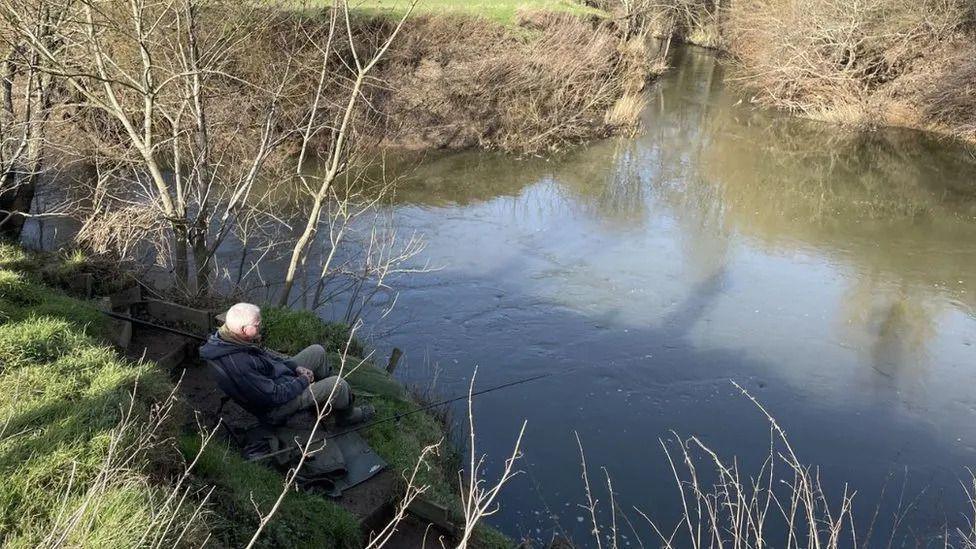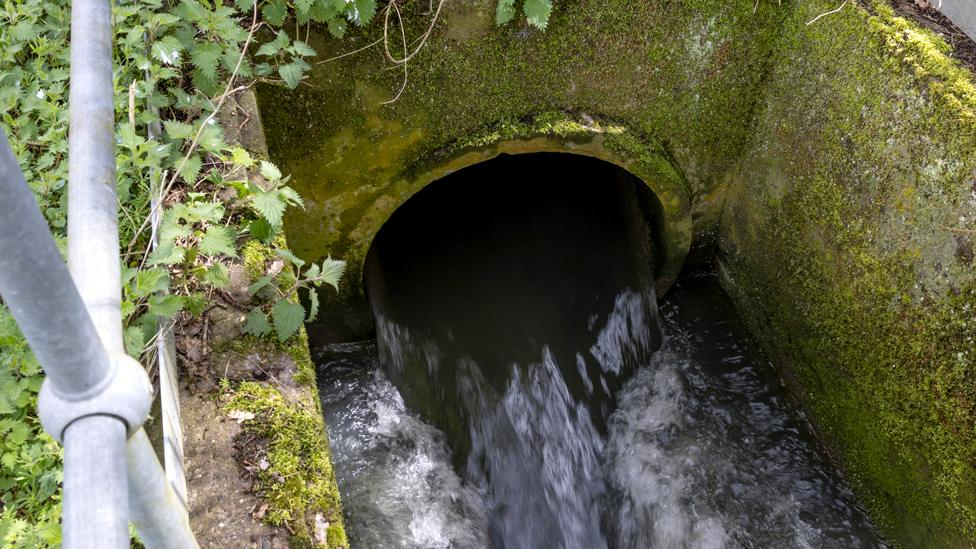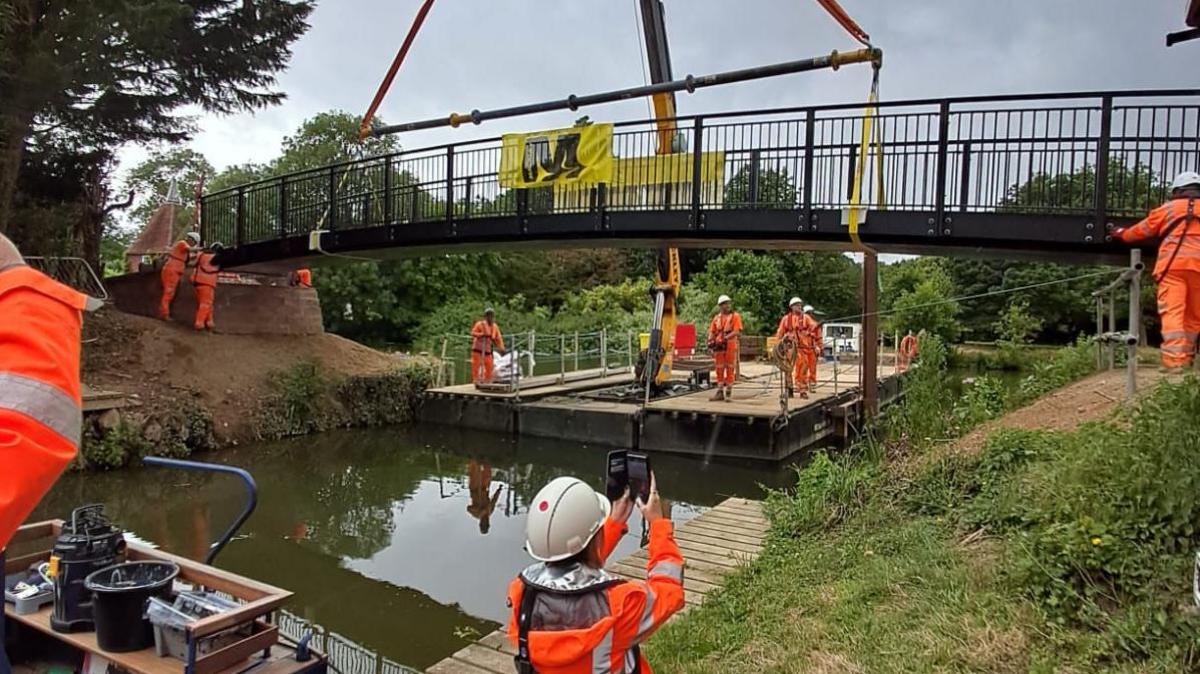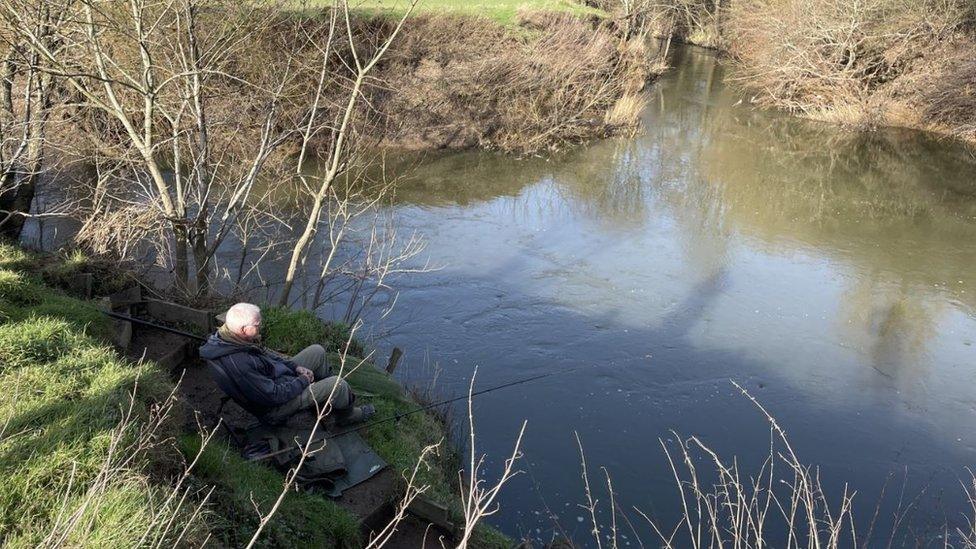Chemicals found in River Medway may cause cancer

Nearly 600 million litres of sewage was released into the River Medway in 2022
- Published
The River Medway in Kent is polluted with dangerous chemicals which can cause cancer, breathing problems and harm to insects and wildlife.
Environment Agency (EA) tests found the river contains chemicals used in industrial processes, as well as the paving of roads and flea repellents.
The authority said many of the toxins are from historic industry pollution, and that strict regulations and monitoring will mean their levels continue to reduce.
Angus Kennedy, a coach at Rochester Rowing Club, is calling for anyone who puts chemicals in the water to be “locked up for a long time”.
“Our biggest safety issue used to be people not being able to swim, but now it’s people swallowing water if they fall in,” Mr Kennedy told the Local Democracy Report Service.
Substances such as 1,4-dichlorobenzene, which is believed to cause cancer, and chrysene, thought to cause genetic defects for fish. Also found was naphthalene, cyclohexanone, N,N-diethyl-m-toluamide, pyrene and fluoranthene – all harmful to wildlife and humans.
The largest contaminant was caffeine, which can affect reproduction in aquatic wildlife. It is thought caffeine enters the waters via sewage treatment after being ingested by humans.
Southern Water, which released nearly 600 million litres of sewage into the Medway in 2022, said it takes its role in the environment "very seriously" and had cut pollution incidents by 35% in the last year.
The company said in a statement: "The most recent EA report on Southern Water noted that our wastewater treatment works are at the very top of the industry for complying with the permits which govern them with 99.4% compliance."
A spokesman said that chemicals entering waterways are an industry-wide issue, not just affecting the South East.
He added that the industry is lobbying the government to make pharmaceutical companies pay the cost of stopping the pollution, rather than the billpayer.
The EA said it carries out regular testing and can identify new contaminants which enter the waterway.
Follow BBC Kent on Facebook, external, on X, external and on Instagram, external. Send your story ideas to southeasttoday@bbc.co.uk or WhatsApp us on 08081 002250.
- Published27 March 2024

- Published5 August 2024

- Published2 February 2024
